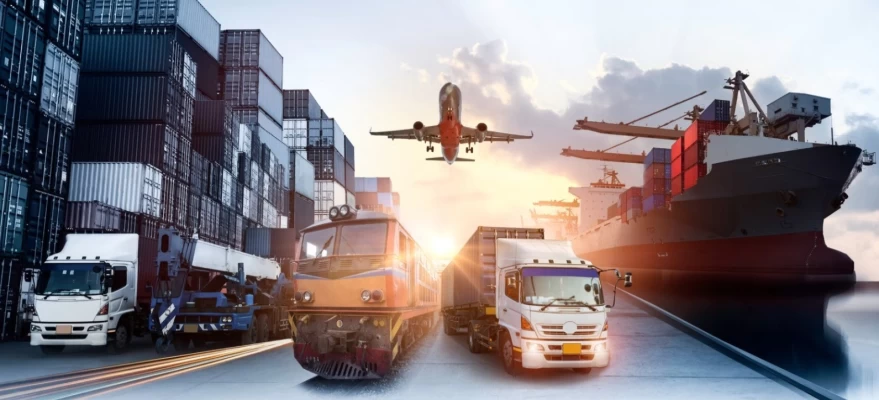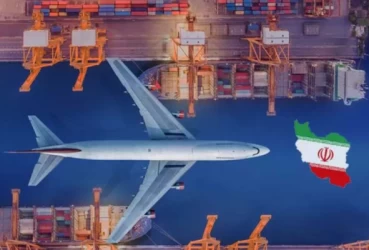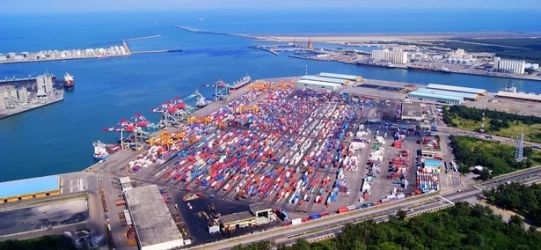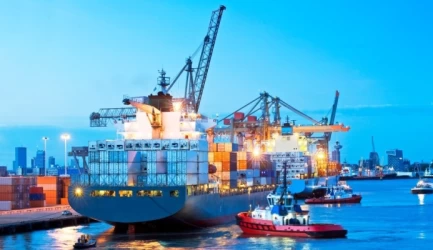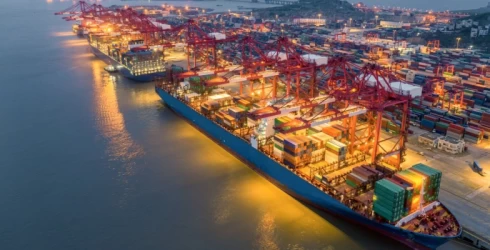Introduction logistics
Logistics is a critical component of the global economy, ensuring the smooth movement of goods from manufacturers to consumers. It encompasses a wide range of activities, including transportation, warehousing, inventory management, and order fulfillment. Efficient logistics operations are essential for businesses to meet customer demands, reduce costs, and maintain a competitive edge.
What is Logistics?
Logistics refers to the process of planning, implementing, and controlling the efficient flow and storage of goods, services, and related information from the point of origin to the point of consumption. It involves two primary functions: transportation and warehousing1. While often used interchangeably with supply chain management, logistics is a subset of the broader supply chain network, focusing specifically on the movement and storage of goods.
Key Components of Logistics
Transportation:
This involves the movement of goods from one location to another using various modes such as road, rail, air, and sea. Effective transportation management ensures timely delivery and cost efficiency.
Warehousing:
Warehouses are facilities where goods are stored before they are distributed to their final destination. Proper warehousing practices help in managing inventory levels, reducing storage costs, and ensuring product availability.
Inventory Management::
This involves tracking and managing stock levels to meet customer demand without overstocking or understocking. Effective inventory management helps in reducing holding costs and improving cash flow.
Order Fulfillment:
This is the process of receiving, processing, and delivering orders to customers. Efficient order fulfillment ensures customer satisfaction and repeat business.
Importance of Logistics
Logistics plays a vital role in the success of businesses by:
- Reducing Costs: Efficient logistics operations help in minimizing transportation and storage costs, leading to overall cost savings for businesses.
- Improving Customer Satisfaction: Timely and accurate delivery of products enhances customer satisfaction and loyalty.
- Enhancing Supply Chain Efficiency: Effective logistics management ensures smooth coordination between different parts of the supply chain, leading to improved efficiency and productivity.
- Supporting Global Trade: Logistics is crucial for international trade, enabling businesses to reach global markets and expand their customer base.
Challenges in Logistics
Despite its importance, logistics faces several challenges, including:
- Transportation Delays: Factors such as traffic congestion, adverse weather conditions, and regulatory issues can cause delays in transportation.
- Inventory Management: Balancing inventory levels to meet demand without overstocking or understocking is a constant challenge.
- Technological Integration: Implementing and integrating advanced technologies such as automation, IoT, and AI into logistics operations can be complex and costly.
- Sustainability: Reducing the environmental impact of logistics activities, such as carbon emissions from transportation, is an ongoing concern.
Future Trends in Logistics
The logistics industry is continuously evolving, with several trends shaping its future:
- Digital Transformation: The adoption of digital technologies, such as blockchain, AI, and IoT, is revolutionizing logistics operations, improving transparency, efficiency, and decision-making.
- E-commerce Growth: The rise of e-commerce is driving demand for faster and more efficient logistics solutions, including last-mile delivery and same-day shipping.
- Sustainability Initiatives: There is a growing focus on sustainable logistics practices, such as using electric vehicles, optimizing routes, and reducing packaging waste.
- Automation and Robotics: The use of automation and robotics in warehouses and transportation is increasing, leading to improved efficiency and reduced labor costs.
Conclusion of logistics
Logistics is the backbone of modern commerce, ensuring the seamless movement of goods from producers to consumers. By understanding and addressing the challenges in logistics, businesses can improve their operations, reduce costs, and enhance customer satisfaction. As the industry continues to evolve, embracing new technologies and sustainable practices will be key to staying competitive in the global market.

